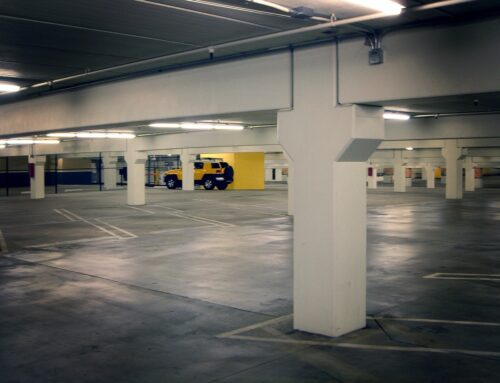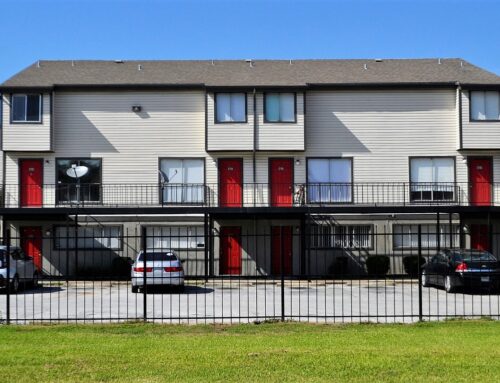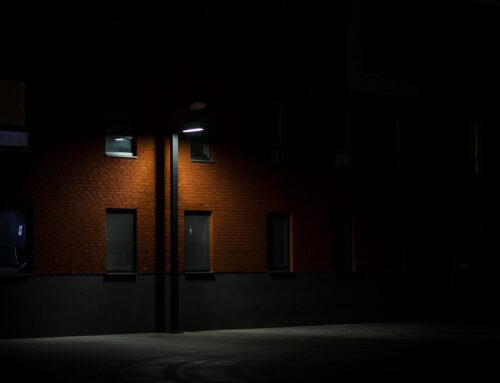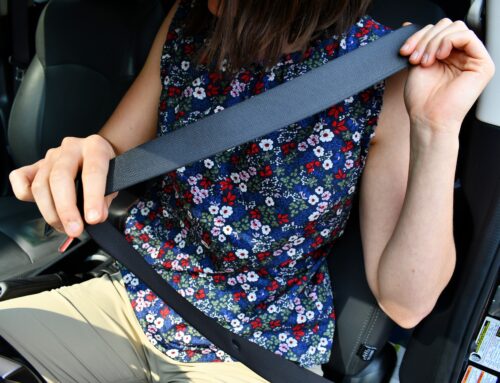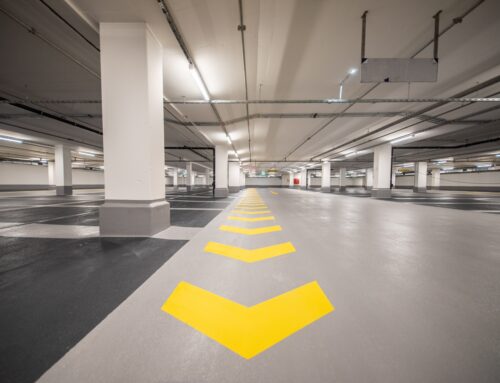Premises liability law contends that the manager or owner of real property has a legal responsibility to provide reasonable safety and security to anyone who visits that property. Practically speaking, this includes the need for proper lighting and illumination, safe passage, security guards when applicable, and reasonable measures enacted to protect visitors, tenants, and guests who are lawfully on their property. However, does liability law hold an owner responsible for the safety of a trespasser on their property? Further, are they responsible for any harm a trespasser may cause?
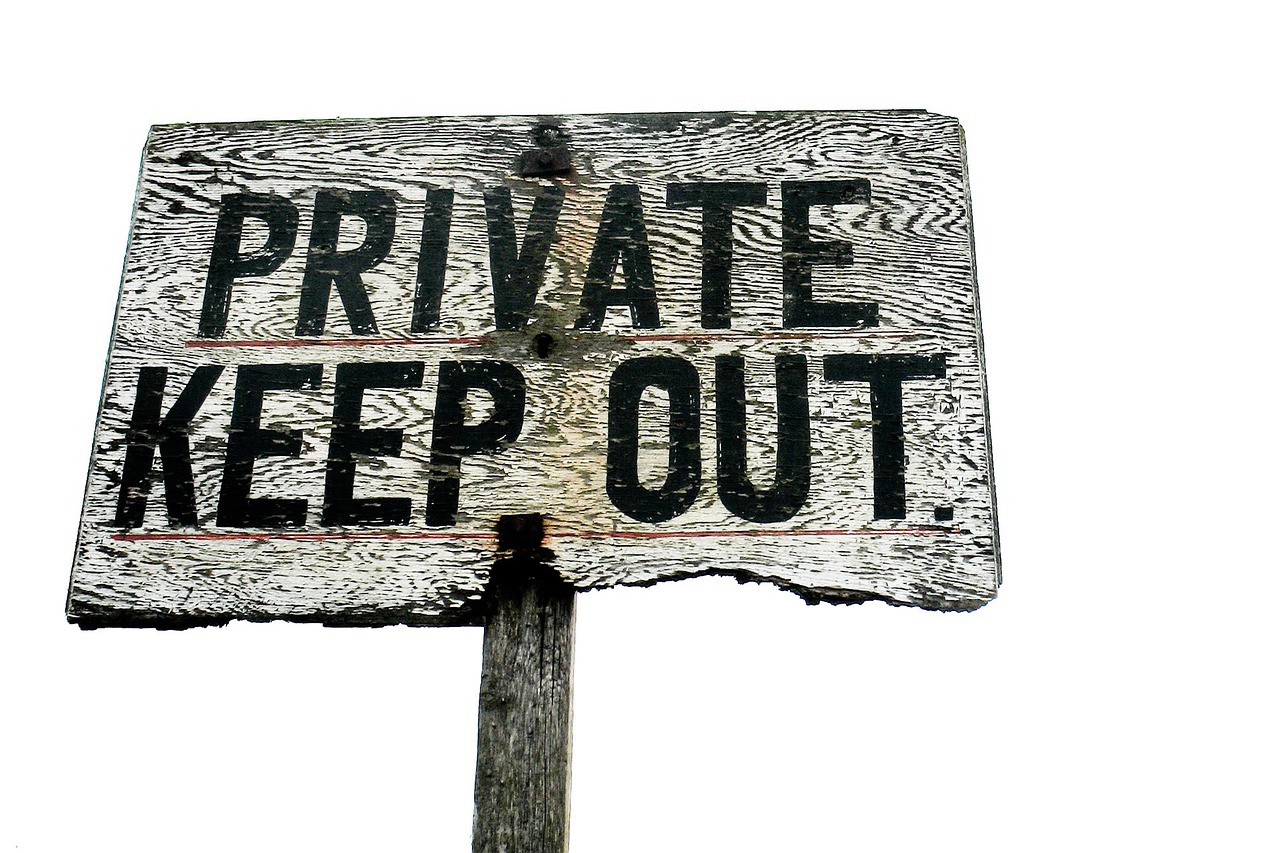
Most personal injury claims are based on the standard of negligence, but an exemption exists in trespass law. In most jurisdictions, a property manager only has a legal duty to avoid being reckless in the operation of the property. Florida criminal trespass statutes can be read here.
Florida’s criminal trespass laws are applied when an individual:
- Enters someone’s property to interfere with business
- Illegally or unlawfully occupies someone else’s property
- Refuses to depart someone’s lawful property upon request
- Refuses to leave a building when the premises is regularly closed to the public
Legally speaking, a trespasser is an individual who enters or remains on someone else’s land or property without permission. While it seems logical that a trespasser should be automatically at fault – after all, they should not be there in the first place – the concept of trespassing is typically more complex than you would expect.
For instance, the person accused of trespassing could have simply made a mistake about where they were, misidentifying the property they entered. There may also be a reasonable expectation that the property manager permits people to go onto the property without permission – such as a trail between two properties that, although private, is commonly utilized. (in the Sarasota area, this could be a path to the beach that runs between two private homes.)
The Difference Between Negligence and Recklessness
Negligence is the failure to employ reasonable care, such as a store owner ignoring a spilled soda on their floor. A reckless action is considered under the law to be more “unreasonable” than negligence. When an individual should have reasonably known that their action could result in the risk of physical harm to another person, but they proceeded anyway – the standard of recklessness may apply.
In trespassing situations, the property owner would have to meet the standard of negligence. However, if the case proceeds to a jury trial, trespassers should not expect to win. Most people will not side with those who illegally trespass, and juries statistically agree with the property owner.
Florida Statute 768.075 asserts that a Florida homeowner or property owner will not be responsible or liable for any injuries or deaths sustained on their property if the trespasser was under the influence of a mind-altering substance. However, they may be held liable for injuries to trespassers if they acted with gross negligence or intentional misconduct towards the trespasser. The exception is that there is no liability if individuals on their property are there to commit a felony – regardless of injury or death.
One notable exception to standard premises liability law is the attractive nuisance clause. If a property owner does not adequately secure a property with an attractive nuisance – usually a swimming pool or trampoline – and a child “trespasses” and is injured, the property owner may be found liable.
If you believe that you were wrongfully injured on another person’s property, call the law offices of Probinsky & Cole. We are here to help.

